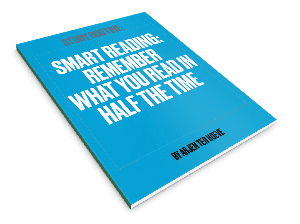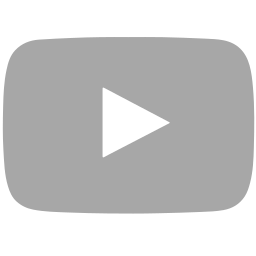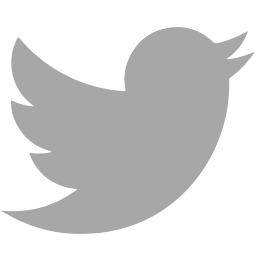Reading is a skill. It is something you learn, and one that you can get better at. Reading is nothing more than decoding words on a page. The more you do this, the better you will get at it. Because reading is a skill, it is something you can train. You can become better at it by simply doing it.
Consider this: When you first tried to hit a baseball at school, this was difficult. There were many things you had to take into account. By doing it every day, you become better at it. Some people train hard and they can make a living out of hitting a ball. The same applies to reading.
By reading daily, you will be able to understand the words on a page faster. When you continue to train and read, you become a faster reader. Using the right strategies and techniques, you may be able to read faster than 99% of all people.
Of course, this does not mean that you will always become a speed reader by training. Some brains are not wired to decode words as fast as other brains can. What you can do is increase your reading speed and comprehension by training. A well-trained reader always reads faster than an untrained reader!
TABLE OF CONTENTS
Study Routine: Smart Reading
Is Reading Considered A Skill Or A Talent?
You might say that reading is a talent. You may be blessed by having a brain that can read fast. Put this to the test. When you are a caucasian American, would you understand Chinese characters? You probably won’t. So if you start learning to read Chinese, do you think it will be something you can do using a talent? Or do you need to train and develop the skills to do this at the same speed as you read English right now?
The other way around also is true. Take a Chinese learner and teach them to read English. In the beginning, this will be difficult. By training, you will become better at it.
The wonderful thing about reading is that you can call it an essential life skill. Without reading, learning new things is difficult. You would not be able to pick up a book. You would have to hear everything from others to learn more. Reading also allows you to read street signs, prescriptions, math, and much more. You would probably feel pretty helpless when you could not read anymore. You may feel the same when you go to a country from which you can not read the language…
Because reading is such an essential or critical skill, most people learn to read at a young age.
Some people are natural-born readers. They had an interest in it at a young age. They like it much more than others. They may be able to read faster because of their brains’ ability to process information faster. Faster information processing is what we can call talent in reading. But remember this:
Hard Word Beats Talent (Most Of The Time)
Let’s investigate more what kind of skills reading uses…
What Kind Of A Skill Is Reading?
The National Reading Panel Report identified the five essential components of effective reading instruction (2004). These are phonemic awareness, phonics, fluency, vocabulary, and comprehension.
Besides that, there are two types of reading. These are extensive reading and intensive reading. Extensive reading is reading for pleasure. You read to enjoy the story. There is no bigger goal. Intensive reading is reading to learn new things. You can do this superficially by scanning the text for an answer. You can also do deep critical reading to understand and grow.
You can also say that reading is a receptive skill. It needs you to receive information. You read words from a page. This is different from a productive skill. This means you create something, like when you write and draw.
The beauty of all of this is that all these things can be trained. You can train to increase your vocabulary. You learn to ask better questions so you can comprehend a text better. You know when to scan a text or to do a deep critical reading.
I know that all of this may sound difficult. Don’t worry. You are doing most of these things automatically. By knowing a little bit more about the skills required to read, you can become a better reader. Do you know for instance that you lack the needed vocabulary? Learn new words, read better books, and grow your vocabulary.
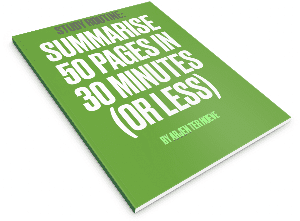
Study Routine: Smart Summarizing
Why Is Reading A Great Skill?
There are several benefits to reading. In no particular order reading
- increases your knowledge
- reduces stress and anxiety
- increases your vocabulary
- improves your memory
- improves your focus
- improves your creativity and imagination
It depends on why you are reading, what your goal is. For some reading is a way to escape the busy world and it helps them relax. (Adult) learners probably want to increase their knowledge. You decide what your biggest benefits are to reading.
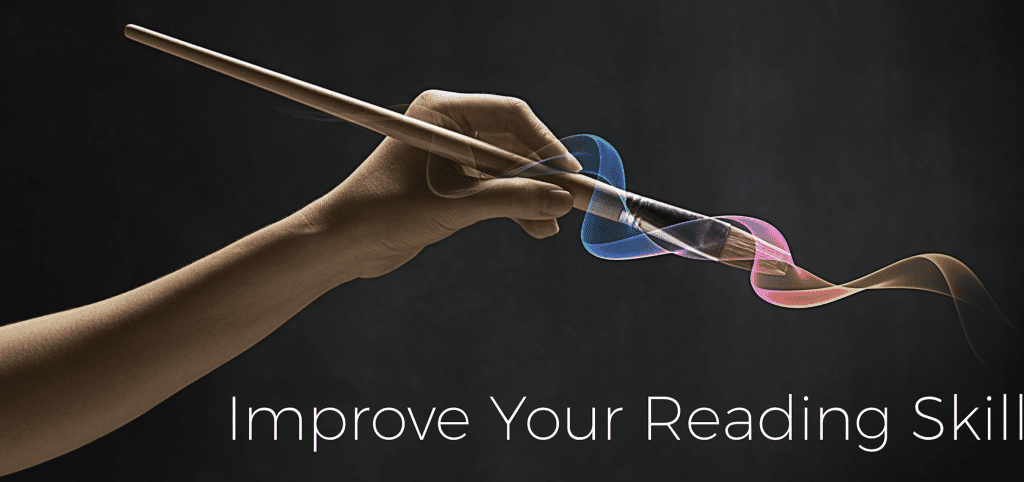
In short, reading does wonders for your brain. You create more connections. More connections mean you become smarter and you know more. Learning new things also helps you to broaden your horizon.
Research tells you to keep your brain active. For example, do puzzles or start reading. Your brain stays healthier this way. You are less likely to have brain-related diseases (like Alzheimer’s).
Conclusion
Reading is one of the best skills you can learn in life. Most people are good readers. Or at least they have the skills to read well enough. When they start reading more they can improve their lives. Reading is a skill. No, I should say that reading is an essential life skill.
Reading allows you to learn new things (faster). It also helps you to navigate safely in the world you live in. You could even say that having this skill helps you to thrive and probably even live longer!
I suggest you start improving your reading skill. Read more. Start reading today. It will not only make your life better… it can even help you live longer!
Study Routine: Smart Reading
